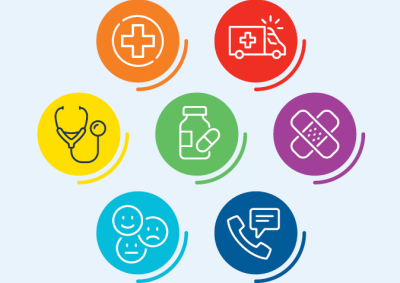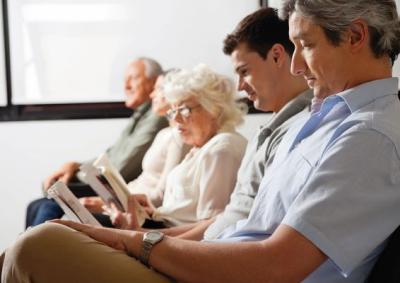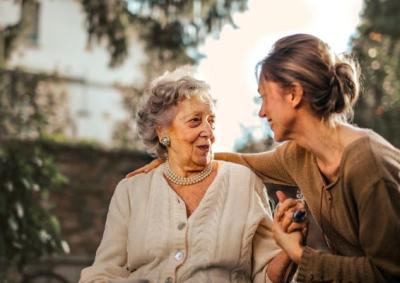Nurses and midwives from across Tasmania were recognised for excellence in an awards ceremony in Hobart on Friday night.
You and your care
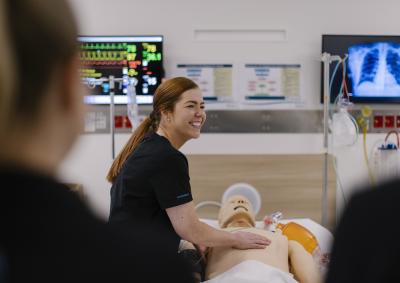
Section
Hospitals and health services
11 September 2024
Page
Flu vaccination
31 August 2022
Page
Patient and child safety
27 June 2024Latest news

News
LGBTIQA+ health Action Plan 2024-2027 released
A plan to continue improving health outcomes for LGBTIQA+ Tasmanians and building an inclusive healthcare system over the next four years has been released.

News
New state-of-the-art Burnie Ambulance Super Station ready to serve the community
The construction of the new $12.4 million Burnie Ambulance Super Station has been completed, with the station to welcome paramedics later this month.
What the Department is doing
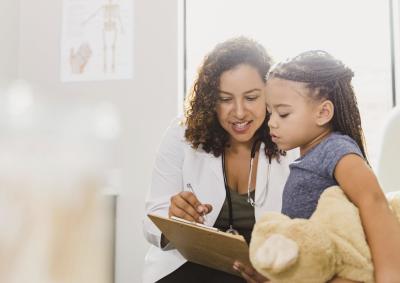
Page
Child Safety and Wellbeing
23 September 2024
Page
Maternity assessment
18 November 2024
Articles
Tasmanian Cardiac Strategy
18 October 2024Working with us
Updated date
 on 1800 022 222
on 1800 022 222
